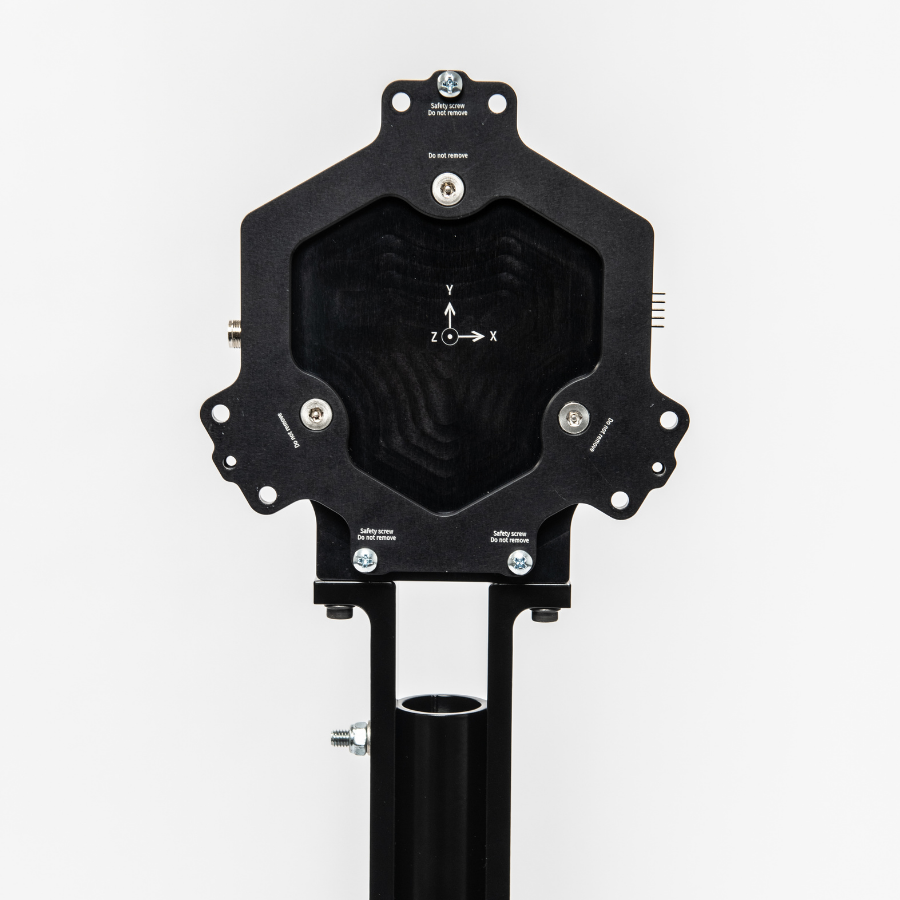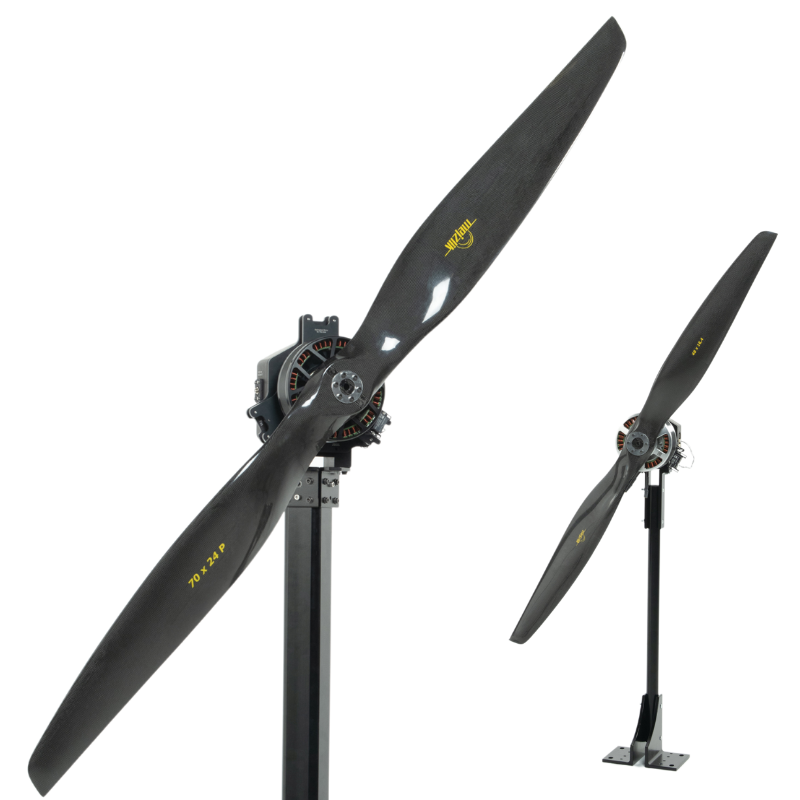By Lauren Nagel
One of the selling points of our drone test stands is that they are calibrated according to ASTM standards.
But a) what does this mean, and b) why is it important?

ASTM calibration standards are a set of procedures and requirements that must be met in order to ensure the accuracy and precision of measurements made using ASTM-compliant equipment. They are created by ASTM International (formerly the American Society for Testing and Measurement).
Using a strict calibration and verification procedure is important to ensure high quality measurements. Typically, hundreds or thousands of propulsion tests are completed during the development and production of a UAV or electric aircraft. It is important to have repeatable and accurate measurements during the months or years of tests.
You never want to find yourself in a position where you have to throw away months of tests after realizing that the tool you are using is not accurate, especially if you have made engineering decisions based on the data or if that data was shared with customers.
It was important to us that our new Flight Stands have the highest possible accuracy for their measurements, which is why we calibrate the force measurement unit (FMU) using an ASTM protocol.

Figure 2: FMUs are delivered in a padded case to protect them while in transit
Something that can be confusing about force measurement is that load cells have a class rating, such as Class A, B, C, and D, which is different from the force measurement standards. The load cell class rating is only about the mechanical aspect of the load cell, while the standard encompasses the electronics, the software, and the calibration procedure.
All of our Flight Stand Pro test stands are calibrated using the ASTM procedures for thrust (ASTM E74) and torque (ASTM E2428). The FMU within all our tools therefore requires a 211-point thrust calibration and a 213-point torque calibration.
These calibration procedures require significant time and resources, but we consider them an important part of our quality guarantee.
To make sure that measurements remain precise and accurate, we offer an FMU recalibration service to all our Flight Stand customers. That way, even with prolonged use, they can be confident that the data collected is accurate and reliable.
Further reading: How to Measure Torque and Why You Should
If you have any other questions regarding our calibration standards and quality guaranteed, feel free to reach out to our sales team.


 Back to Blog
Back to Blog


Leave a comment